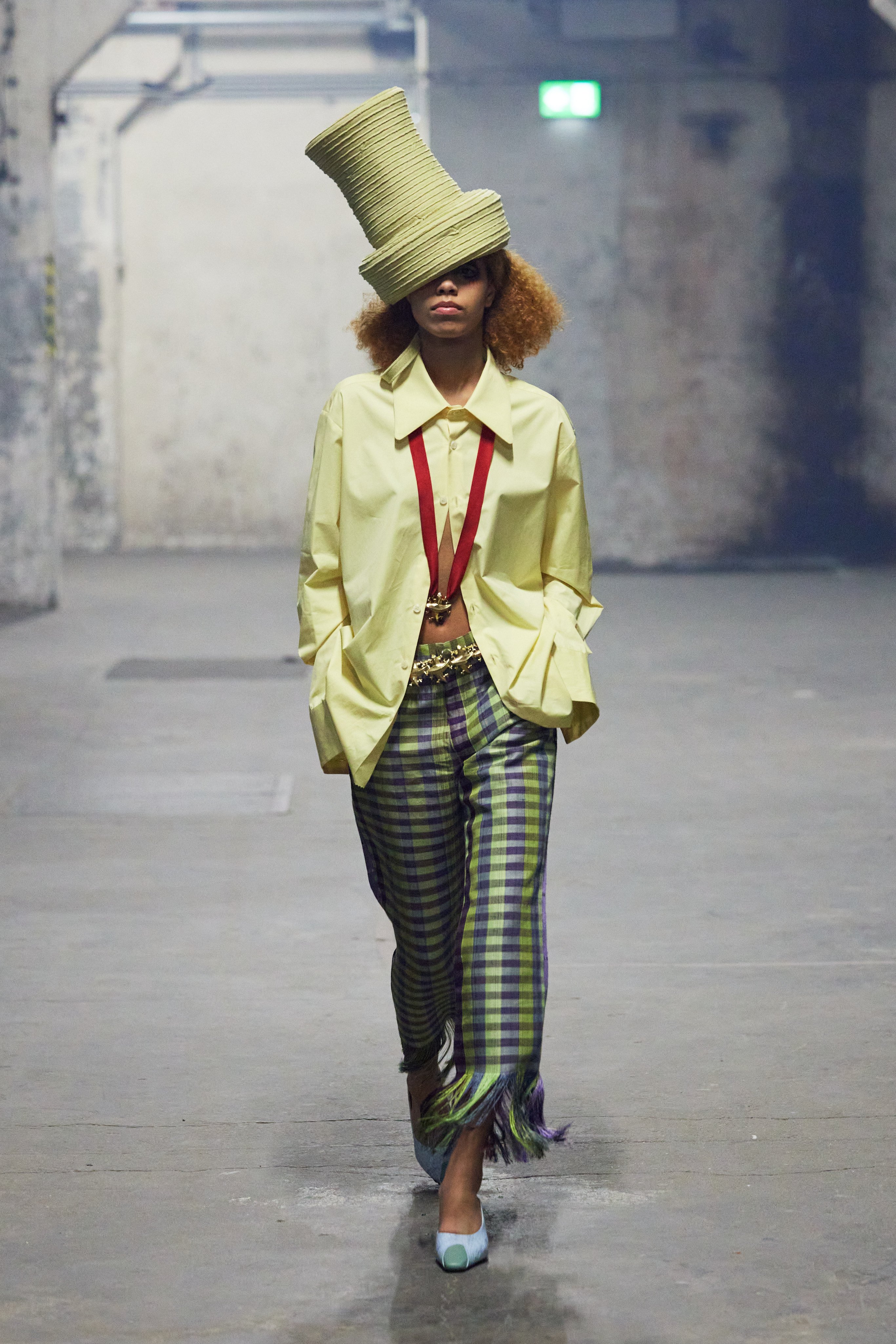
The Cannes Film Festival is one of the most prestigious and renowned film festivals in the world. Listed among the “Big Three” international film festivals, along with Venice and Berlin, Cannes has gained a reputation for showcasing groundbreaking films and being a major marketplace for film rights. Ultimately, it is the perfect place for anyone looking to network in the international film industry.
The festival is so important in the global film industry as it’s a great launchpad for new films and emerging talents. Plus, many filmmakers who have premiered their work at Cannes have achieved international success. Cannes runs alongside the Marché du Film (Film Market), one of the largest and most influential film markets worldwide. It is where deals for film distribution, production, and financing are made.
The presence of African films at the Cannes Film Festival has increased over the past decade. However, the 2024 selections saw a drop in the number of stories from Africa, as those are not usually noticed in the main competition.
This year, filmmakers and film connoisseurs alike were treated to various African talents. Among the prize winners, ‘Ernest Cole: Lost and Found’ from Haitian director Raoul Peck shared the “L’Oeil d’Or” prize for “Best Documentary” with 'Rafaat Einy ll Sama' (‘The Brink of Dreams’ / (‘Les Filles du Nil’) from Egyptian directing-producing team Nada Riyadh and Ayman El Amir, which chronicles the lives of a group of young Egyptian girls who rebel by forming an all-female street theater troupe. It was also featured during Cannes’ International Critics Week.
Another winner, Zambian-Welsh director and screenwriter Rungano Nyoni for her film ‘On Becoming a Guinea Fowl’, received a “Best Director” prize ex-aequo.
Some African films featured included Somalian Mo Harawe whose debut feature film, 'The Village Next to Paradise', premiered in the “Un Certain Regard” category. The film tells the tale of a family navigating their different desires and the complex world to fulfill their life paths.
French-Moroccan screenwriter, director, and producer, Hamich Benlarbi's second feature-length film, ‘La Mer Au Loin’ (Across The Sea) was screened this year. Emma Benestan (French-Algerian filmmaker), closed the Critic’s Week with ‘Animale’. Egyptian artist and film director, Hala Elkoussy’s ‘East of Noon’ was screened at the festival and Franco-Moroccan director, Nabil Ayouch was in Cannes for the third time with ‘Everybody loves Touda’.
There were also African representatives on the jury. We had Eliane Umuhire, a Rwandan actress as a member of the Critics Week jury panel. We also had Baloji as co-president in the Golden Camera selection.
Africa At Cannes Over The Years
One of the first African films to be screened at Cannes was ‘The Blazing Sun’ (Shams al-Zanati) by Youssef Chahine. This was in 1952. By 1958, the Cannes Festival had witnessed one of the earliest representations of sub-Saharan African cinema, Paulin Soumanou Vieyra's short film ‘Afrique sur Seine’. In 1987, ‘Yeelen’ by Malian director Souleymane Cissé won the Jury Prize, a major recognition for African cinema and in 2002, ‘Heremakono’ (Waiting For Happiness) by Mauritanian director Abderrahmane Sissako went on to win the FIPRESCI Prize in the “Un Certain Regard” section.
As of 2013, Chadian director Mahamat-Saleh Haroun's film ‘Grigris’ was nominated for the Palme d'Or, and he received the “Vulcan Award of the Technical Artist”. In 2019, ‘Atlantics’ (Atlantique) by Mati Diop, a French-Senegalese director, won the “Grand Prix”. This was a landmark achievement, as Diop became the first black woman to have a film in competition at Cannes and to win a major award. Last year, 2023, was a historic year for African representation in Cannes as there were a total of 15 entries from the continent.
Pushing Through Barriers At Cannes
Some African filmmakers often rely on international grants and funds, which are highly competitive and limited in availability. This dependency also leads to external influences on the creative direction of their projects. Also, major festivals such as Cannes have rigorous selection processes and sometimes prove to be more gatekeeping rather than providing access and a platform. Hence, filmmakers without established connections or previous recognition face significant challenges in getting their work considered for Cannes.
There is often a stereotypical perception of African cinema as being limited to specific genres or themes such as poverty, conflict, exoticism and the like. This narrow view can limit the types of African films that are selected and recognised at international festivals.
However, with this year's selection, there is no doubt about the diversity of stories and voices represented, showcasing the untapped potential of African filmmakers. African cinema, at its peak, will provide the world with styles and perspectives that are refreshing and unique. More African representation is in order next year, as the continent works to overcome these challenges and continue to soar.
.svg)






.png)

